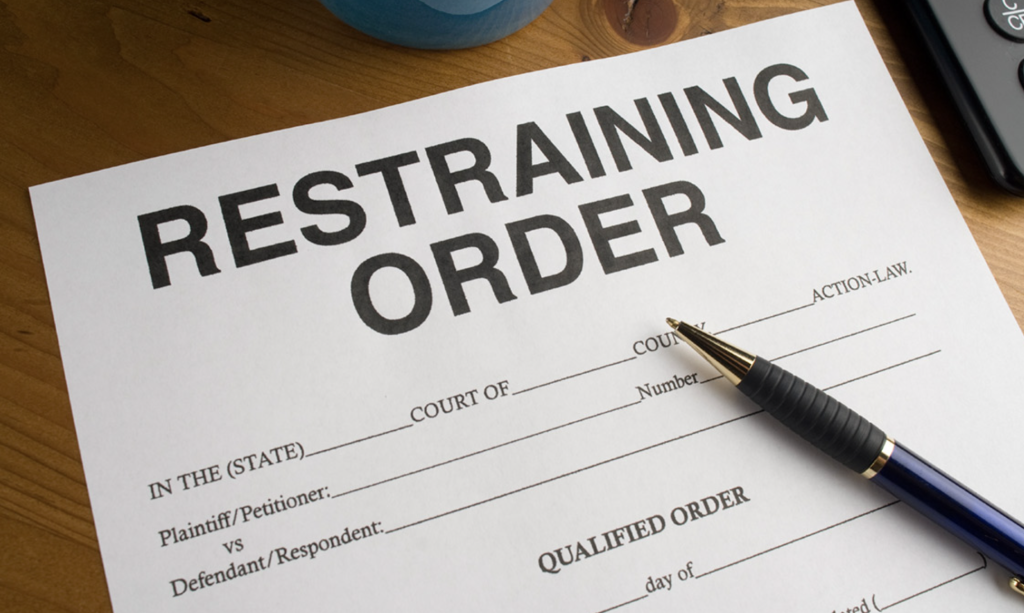Anyone can seek a restraining order against you if they feel threatened by you. Most restraining orders are issued in cases of domestic violence, including physical abuse and stalking. You may be surprised to know that the victim does not need to provide proof of the abuse in order to get the restraining order. This can make it difficult to deal with the situation.
Being served with a restraining order when you have done nothing wrong can be disheartening. A restraining order goes on your records, and anyone who runs a background check on you can find this out about you. Therefore, it is essential to hire a New Jersey restraining order defense lawyer to clear your name.
Do’s and dont’s when served with a restraining order
Do’s
Contact an attorney
You should not wait till things get worse to contact an attorney in New Jersey. A restraining order can not only ruin your future but destroy your interpersonal relationships and reputation. When you get served with a restraining order, you are automatically put in the position of defending yourself in court, whether you like it or not. Partnering with an attorney is your best shot at gathering solid evidence and creating strategies to clear your name.
Obey the order
You must, at all costs, obey the restraining order. Follow all the orders mentioned in it. If you are not allowed to see the victim, you should not attempt to even speak with them. This can land you in serious legal trouble.
Gather evidence in preparation for the trial
Other than working with your attorney, you must also speak with your friends and family to gather witnesses. Anything can work as evidence. If you have photos or emails, make sure to enter them as evidence.
Dont’s
Spread the message
Keep the news of the restraining order to yourself. While you may be angry at the other person for making false accusations, it is essential to keep the information private. Do not vent your anger out on social media, as it can be seen as an attempt to get back at the alleged victim.
Destroy evidence
When you see evidence that could potentially hurt you, your instinct may tell you to destroy it. However, it worsens the situation. If they find out about this action, your perception in the court can become significantly negative. You may also face criminal charges.
Violate the order
Just because you think you did not do anything wrong does not mean you have the right to violate the rules of the restraining order. A restraining order is a serious matter and following it is your legal obligation. Failing to obey is seen as non-compliance with the law and can lead to more trouble.




